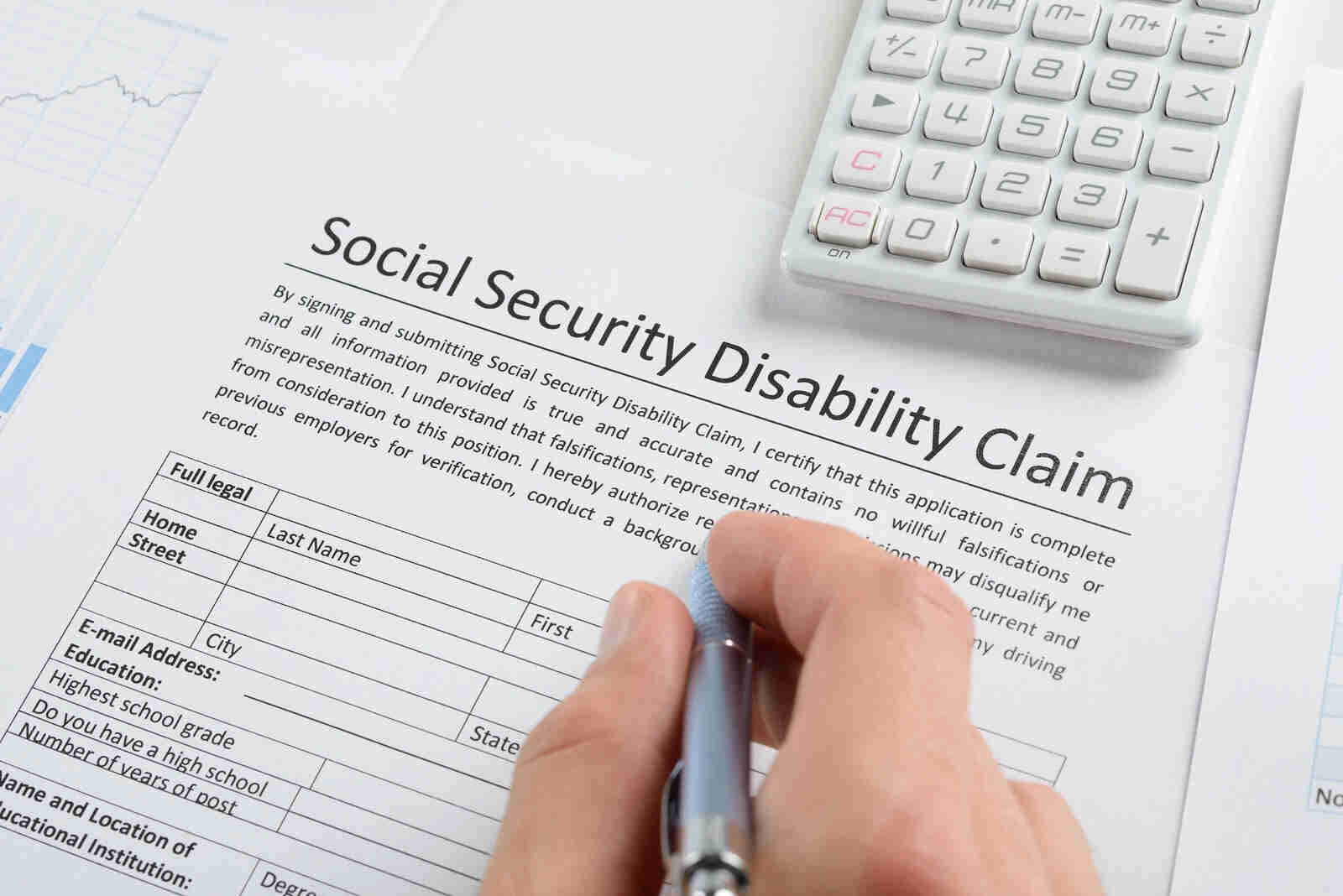Which Type of Bankruptcy Stops Foreclosure in NJ?
With foreclosure imminent, it’s important to know all the tools you can use to stop it. While bankruptcy can stop foreclosure, it matters what chapter debtors file and whether or not they see their cases through to the end.
Of the bankruptcy chapters typically filed by consumers in New Jersey, Chapter 13 is the most effective at stopping foreclosure. Rather than requiring debtors to liquidate their assets, Chapter 13 uses a repayment plan that spans a period of three to five years. Any foreclosure proceedings are put on pause after filing, whether the debtor files Chapter 13 or Chapter 7. Unfortunately, Chapter 7 is not as effective at stopping foreclosure indefinitely. While homeowners might get a temporary pause with the automatic stay, lenders might start looking at their major assets for liquidation to get repaid, like their home, which we can help avoid by ensuring you file the appropriate chapter for your situation.
Discuss your case for free with our New Jersey bankruptcy lawyers by calling Young, Marr, Mallis & Associates today at (609) 755-3115.
Does Chapter 13 Bankruptcy Stop Foreclosure in New Jersey?
Homeowners facing foreclosure could avoid it by filing Chapter 13 bankruptcy in New Jersey. Our lawyers can explain how debtors to use this legal process to keep their homes despite falling behind on their mortgages.
Chapter 13 bankruptcy is generally the ideal chapter for debtors struggling with secured debts, like mortgage payments, who also want to keep their assets. If your primary lender is your mortgage lender, filing Chapter 13 will let you address your debt with them through a repayment plan. Our attorneys write this plan and submit it for court approval based on your specific financial situation. We will consider your total owed amounts, income, dependents, and expenses so that the resulting repayment plan is feasible for you and allows you to pay both current and past-due amounts.
While your bankruptcy case is in progress, the bank cannot continue with any mortgage foreclosure proceedings, even if they have already begun. Your bankruptcy case might trump a foreclosure petition filed by the bank. Many debtors who file for bankruptcy are immediately eligible for an automatic stay. This prevents debt collection tactics, such as harassing phone calls and asset repossession, which extends to foreclosures and sheriff sales.
If the focus of your repayment plan is settling mortgage debt, our Passaic, NJ bankruptcy lawyers can write it so that your debts are settled after three to five years of payments under a lower interest rate. We may also be able to use your bankruptcy case as an opportunity to negotiate loan modification to prevent similar situations in the future.
Does Chapter 7 Bankruptcy Stop Foreclosure in New Jersey?
While homeowners often use Chapter 13 bankruptcy to stop foreclosure, Chapter 7 doesn’t necessarily have the same effect. Though an automatic stay will still kick in during Chapter 7, this is a liquidation bankruptcy, meaning filing it could leave your home at risk.
Generally, Chapter 7 is for debtors with dischargeable debts who are okay with potentially liquidating some of their assets to address any secured debts they might have. If your primary goal is saving your home from being foreclosed on and sold at auction, Chapter 7 wouldn’t eliminate that risk. While New Jersey lets bankruptcy petitioners choose federal liquidation exemptions that can help them shield their car or home, liquidating assets is how secured mortgage debts are repaid under Chapter 7. If you do not have any assets you are comfortable parting with, your lender could still seek your home during bankruptcy.
So, the automatic stay that comes with bankruptcy might delay foreclosure of your home under Chapter 7, it may not stop it indefinitely if you must liquidate assets to repay your mortgage lender. Because of this, Chapter 7 is typically not the ideal bankruptcy chapter to file if your goal is stopping foreclosure so you can continue owning and living in your home in New Jersey.
For How Long Does Bankruptcy Stop Foreclosure in New Jersey?
Even though Chapter 13 can be the solution homeowners need to stop foreclosure, they must finish their repayment plans to see the desired results. Otherwise, banks might seek foreclosure approval from judges during bankruptcy cases in New Jersey.
It is crucial to stay on top of your new repayment plan, and our lawyers can ensure that it is written so that you can also make current payments. Chapter 13 bankruptcy only stops foreclosure indefinitely once cases are complete. If you fall behind while you trying to follow your repayment plan, your bank could petition the court to let it foreclose or dismiss the bankruptcy case so that it can file a foreclosure complaint against you and restart the process.
Our lawyers can help you prepare your bankruptcy petition, put you through the means test to confirm your income supports a Chapter 13 case, handle all necessary filings, and keep you aware of mandatory court appearances. If you have other debt on top of your mortgage debt, we can make sure that is also factored into your repayment plan or gets forgiven if it is dischargeable.
While there is nothing preventing homeowners from falling back into mortgage debt after Chapter 13 bankruptcy cases are over, debtors in New Jersey must take credit counseling courses before filing, in which they learn useful money management and budgeting tools they can take with them in the future to avoid getting back into a difficult financial situation.
Modifying your previous mortgage contract, such as by extending it in favor of smaller monthly payments, could help you avoid falling behind after completing your repayment plan. Our attorneys may also negotiate this with your bank to reduce the risk of foreclosure in the future.
Call Our Attorneys in New Jersey About Your Bankruptcy Case
Call the Paterson, NJ bankruptcy lawyers of Young, Marr, Mallis & Associates at (609) 755-3115 for a free case analysis.






























